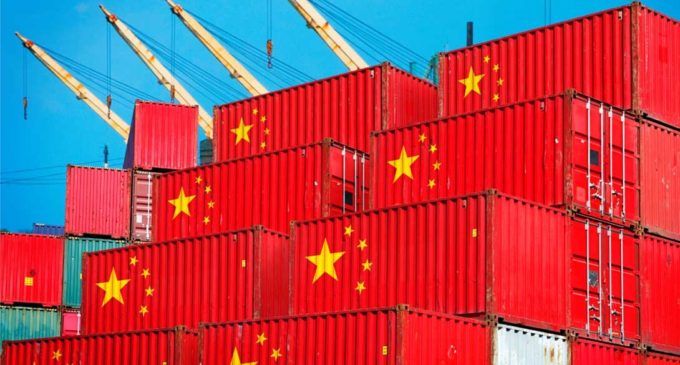Chinese Fastener Factories Returning to Production

Chinese fastener factories were returning to work after the “enforced extension of the Chinese New Year holiday as part of the containment of the Wuhan coronavirus outbreak,” Fastener & Fixing Magazine editor emeritus Phil Matten reported.
“Few factories appear, so far, to be operating at full capacity and others are reported not to be restarting for at least several more days,” Matten reported.
According to the World Health Organization’s February 11th status report on the coronavirus outbreak, there were 40,554 confirmed cases of 2019-nCoV globally, of which 40,235 were in China.
By far the highest recorded cases of infection continue to be in Hubei province, alone accounting for 29,631. The Zhejiang province, which is a major fastener factory location, ranks third with 1,104 cases.
Last week it was reported that Ningbo and other cities in the province were under stringent lockdowns, restricting people from leaving their accommodation, Matten noted.
Official figures show the death toll in mainland China exceeds 1,000. However, the number of new confirmed cases is reported to have fallen, raising hopes that the peak of the outbreak may be reached over the next month.
Anecdotal reports from the Chinese fastener industry suggest factory operating capacities range from 50% to 100%, with the median for larger factories around 80%, Matten noted in FastenerAndFixingSearch.com. Factories expect more workers to gradually return, increasing output.
While larger factories have obtained authorization to start work, others appear to have either not yet complied with government requirements or still have a significant proportion of workers unable to return. Some fastener factories are known to have a significant number of workers from Hubei province unable to return to their work location; others say their workforce is mainly or entirely local.
“To obtain local government authorization factories reportedly need to demonstrate that they have customer orders to process and have hygiene and disinfection regimes in place,” Matten reported. “They must also submit full details of all workers including where they live and their health status and then commit to monitoring and reporting on workers temperature and health every day.”
Even as production recovers, “challenges are likely to continue in moving containers by road to the ports and in finding capacity on container ships,” Matten pointed out. Truckers are reported to be restricted from leaving and entering cities or crossing provincial borders and that general quarantine and travel restrictions have made it difficult for drivers to return to work. Sea container lines have cancelled ship departures over recent weeks due to lack of volume.
As production rebuilds, the demand for container space may exceed capacity and shipping lines “will prioritize premium charge shipments,” Matten noted.



There are no comments at the moment, do you want to add one?
Write a comment